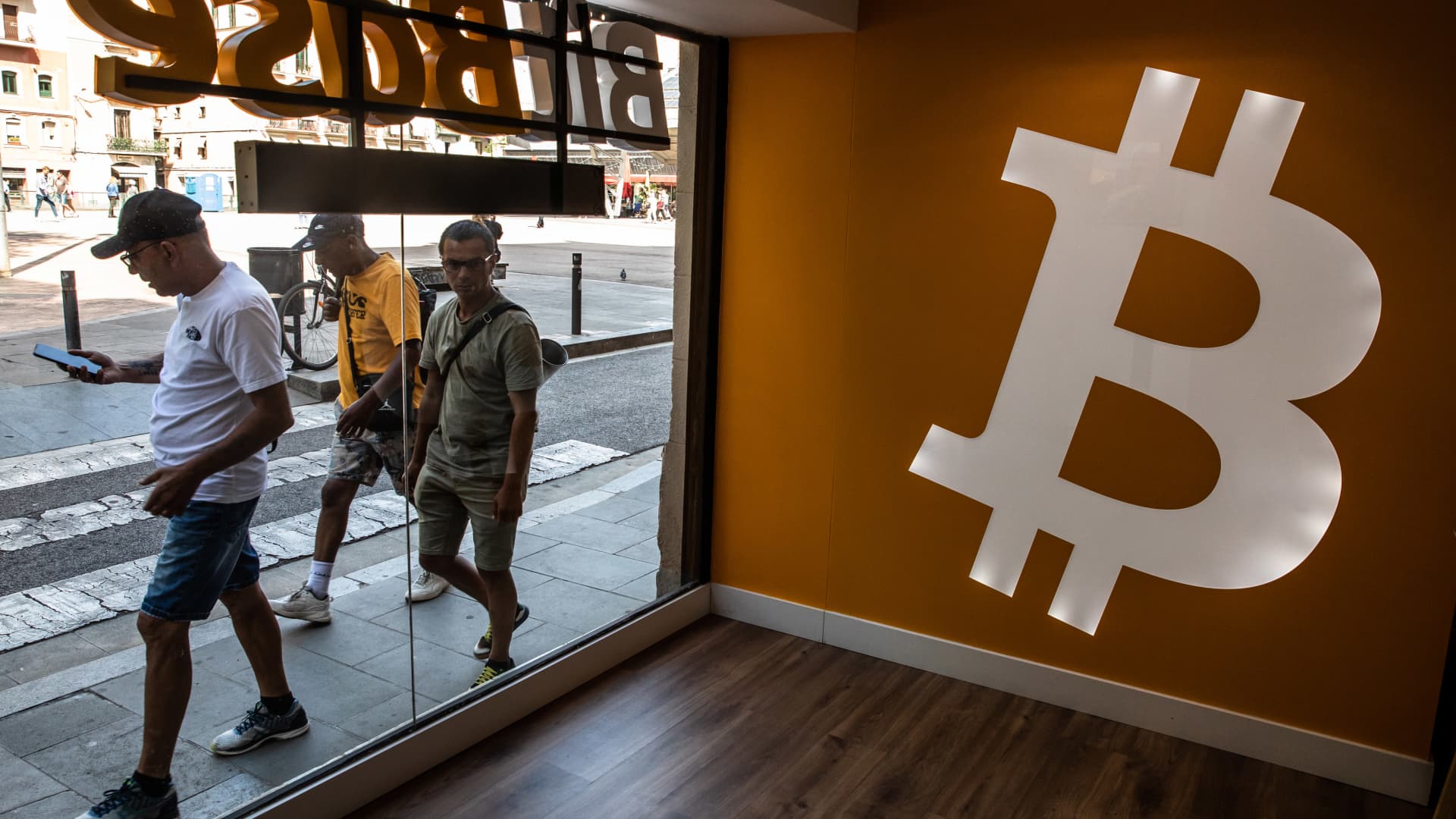US Markets
Wednesday, July 3rd, 2024 2:15 pm EDT
Key Points
- Shareholder Rights Plan Adoption: Southwest Airlines has adopted a “poison pill” shareholder rights plan in response to Elliott Management’s investment and its push to remove CEO Bob Jordan and Chairman Gary Kelly. The plan activates if any investor acquires at least 12.5% of the company, allowing other shareholders to buy shares at a 50% discount.
- Elliott Management’s Stake and Concerns: Elliott Management revealed it holds an 11% stake in Southwest, worth $1.9 billion, and criticized the airline’s underperformance compared to larger rivals. The adoption of the poison pill was influenced by Elliott’s filings with antitrust authorities, suggesting it plans to increase its stake.
- Southwest’s Leadership and Strategic Challenges: Southwest’s board supports current leadership, and CEO Bob Jordan has stated he will not resign. The airline faces challenges like an oversupplied domestic market and delays in new planes from Boeing. Southwest is considering significant changes to its business model, including seating assignments and premium seating options, to boost revenue.
Southwest Airlines announced on Wednesday that it has implemented a shareholder rights plan, commonly known as a “poison pill,” in response to Elliott Management’s investment in the airline and its efforts to replace CEO Bob Jordan and Chairman Gary Kelly. This poison pill will be triggered if Elliott or another investor acquires at least 12.5% of the company’s shares. Should this threshold be crossed, all other shareholders will have the opportunity to purchase one new Southwest share for every share they currently own at a 50% discount, effectively diluting Elliott’s influence.
Southwest’s shares saw a slight increase of around 1% following the announcement. Elliott Management revealed in June that it had acquired a $1.9 billion stake in Southwest, equating to about 11% of the airline. Elliott has criticized Southwest’s performance compared to larger rivals that offer more premium services. The adoption of the poison pill was partly due to Elliott’s filings with antitrust authorities, known as HSR filings, which would permit the activist investor to increase its stake further by next week. This implies that Elliott began the process around the same time it disclosed its investment in June.
Gary Kelly, in a statement, emphasized that Southwest Airlines has tried to engage constructively with Elliott Investment Management since the initial investment and remains open to any ideas for sustainable value creation. Recent meetings between Elliott and Southwest management indicate ongoing discussions. Such a shareholder rights plan is a common defensive tactic against activist investors, aiming to dilute their control and voting power. This move is reminiscent of Hertz’s adoption of a poison pill in 2013 in response to unusual trading activity perceived as an activist threat.
Southwest’s board expressed support for the company’s current leadership after Elliott’s stake disclosure, with CEO Bob Jordan stating he has no intention of resigning. The Dallas-based airline has faced challenges, including an oversupplied domestic market and delays in new aircraft deliveries from Boeing. Even before Elliott’s investment, Southwest was under pressure to enhance revenue and consider significant changes to its business model, such as introducing seating assignments and premium seating options. Historically, Southwest has been highly successful, maintaining profitability for most of its over five-decade history in an industry known for its volatility.
Elliott Management, known for its activist campaigns at major companies like AT&T, Salesforce, and Texas Instruments, has become one of the most successful hedge funds globally, with over $65 billion in assets. The firm, which relocated its headquarters from New York to West Palm Beach, Florida, in 2020, has experienced only two losing years in five decades.
In this defense against Elliott, Southwest has enlisted Bank of America and Morgan Stanley as its bankers, and law firms Vinson & Elkins and Kirkland & Ellis, known for their expertise in activism defense, as its legal advisors. Elliott Management has not yet responded to requests for comment regarding the situation.
For the full original article on CNBC, please click here: https://www.cnbc.com/2024/07/03/southwest-luv-activist-elliott-poison-pill.html




